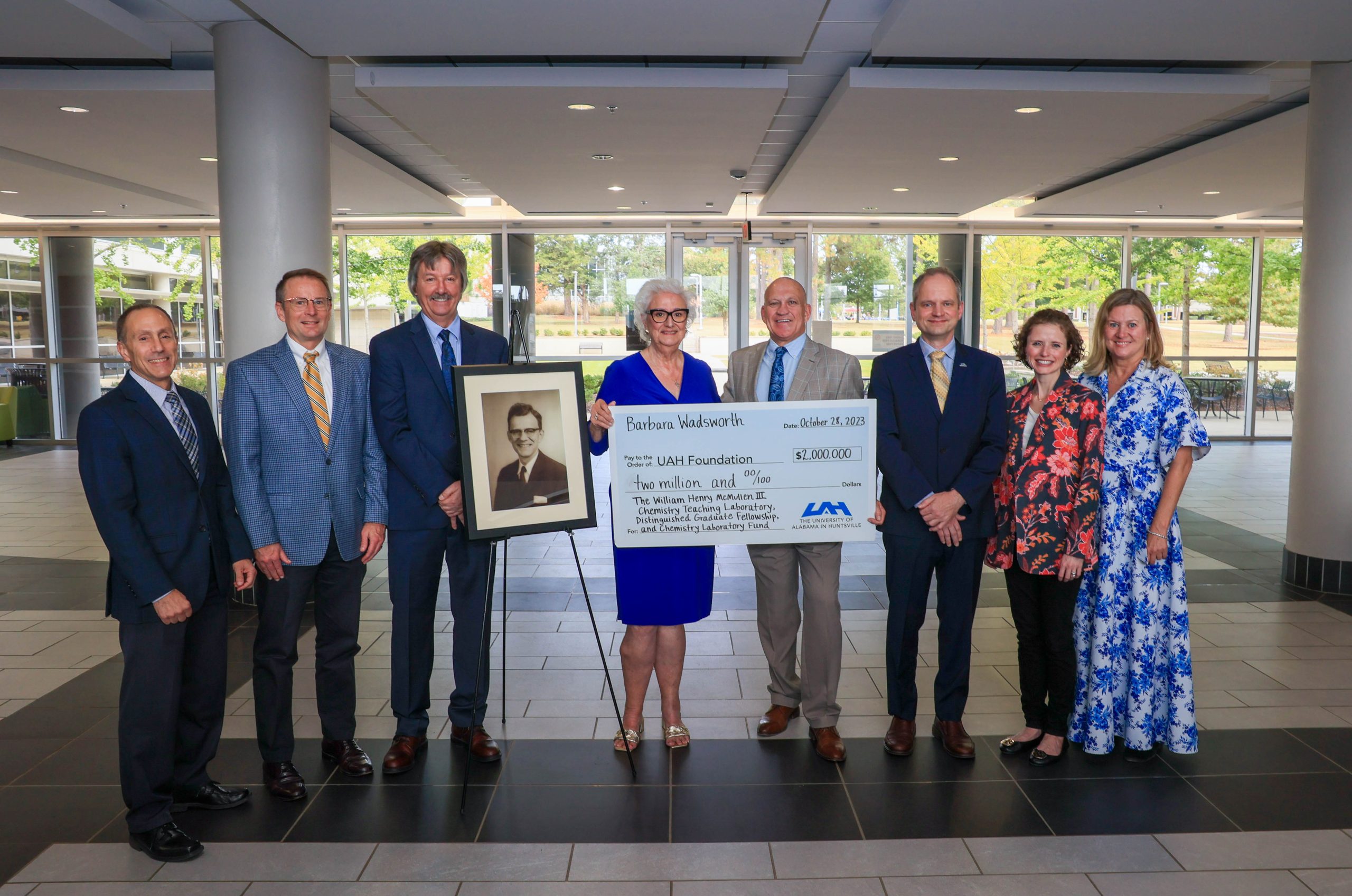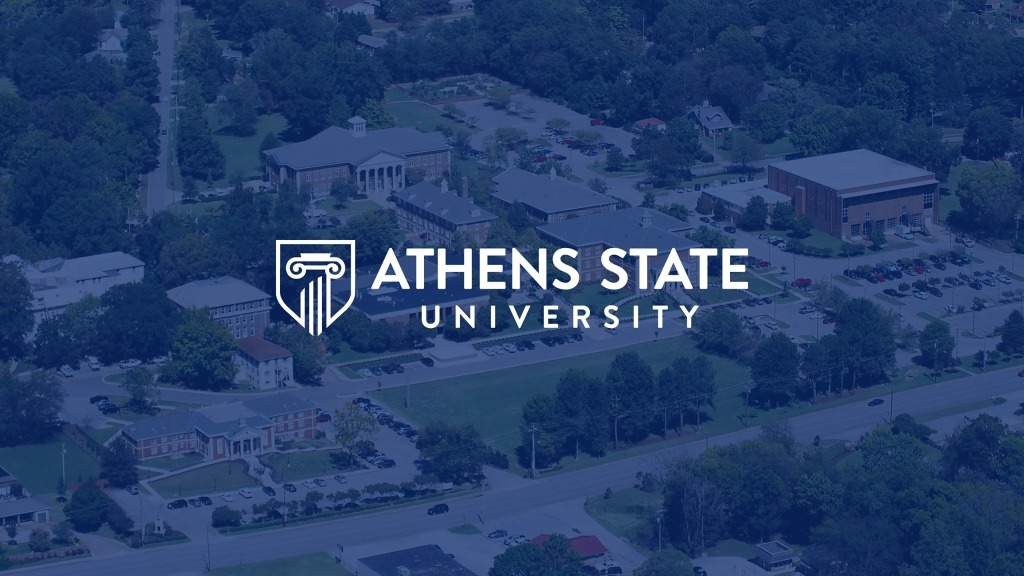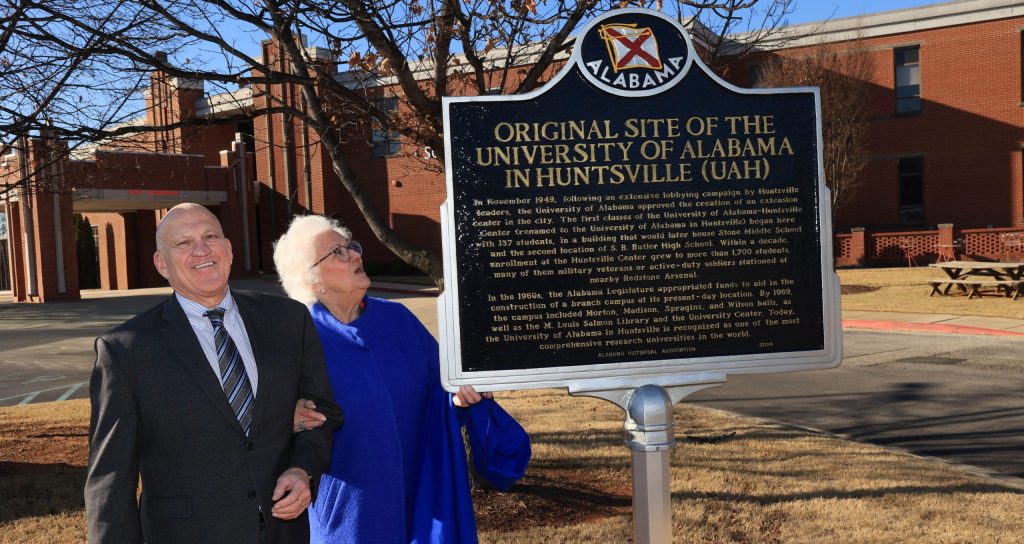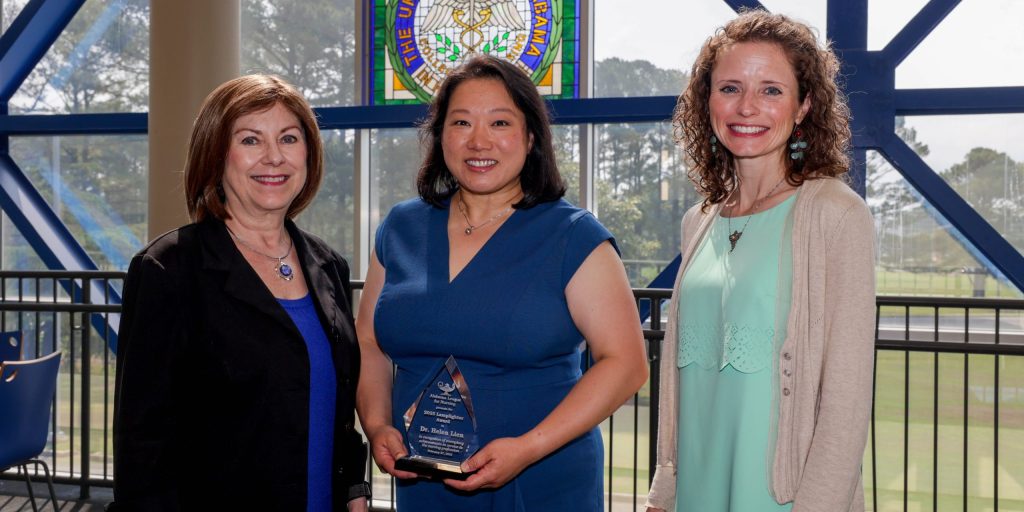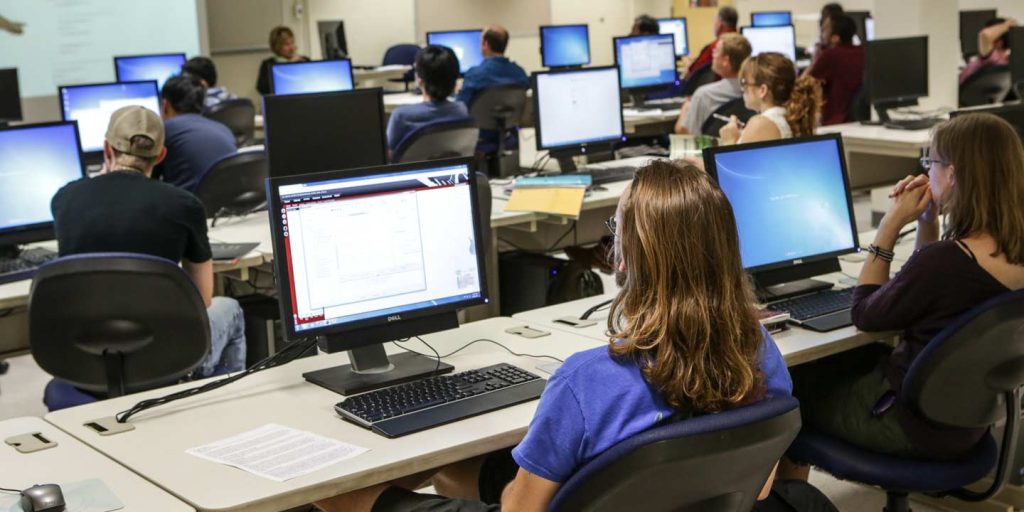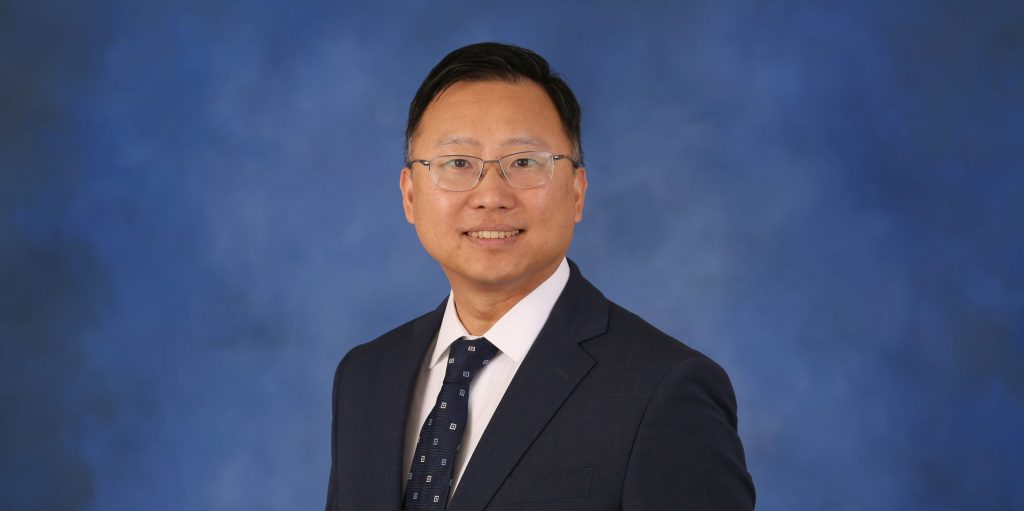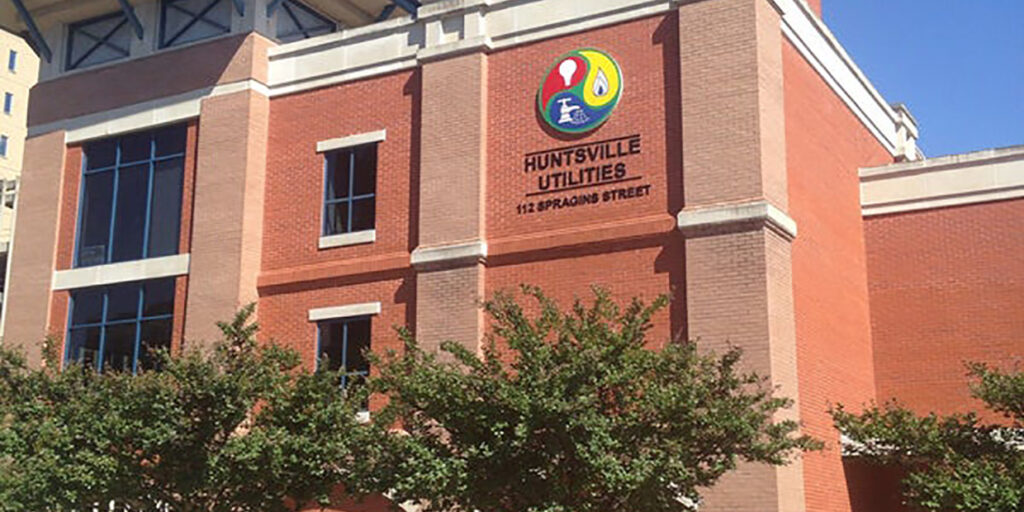HUNTSVILLE – The University of Alabama in Huntsville College of Science has received a $2 million gift from the William Henry McMullen III Trust to fund three initiatives in the Department of Chemistry.
Barbara Wadsworth, McMullen’s daughter, selected UAH for the donation to honor the memory of her father, an analytical chemist.
“It was auspicious that we had come up with this at the same time that UAH had just started to develop the Ph.D. in chemistry,” she said. “That was the deciding factor on my part because then it would make a difference.”
The first of the three initiatives, the William Henry McMullen III Distinguished Graduate Fellowship, aims to attract and retain exceptional chemistry students as well as internationally recognized chemistry researchers.
UAH President Dr. Charles Karr said acquiring outstanding graduate students to invigorate and attract faculty members is essential in the initial phase of building the Ph.D. program.
“Barbara Wadsworth’s remarkable generosity will allow us to jump-start an area of great need at UAH, namely an increase in the production of Ph.D. graduates,” Karr said. “As a consequence of this gift, the Department of Chemistry will be able to immediately recruit high-quality Ph.D. students for their program, something that will accelerate the development of the program. Being able to do this while honoring the incredible life of her father, William Henry McMullen III, is a blessing for all of us involved.
“We are extremely grateful and tremendously proud to be able to utilize this gift in order to advance our university and to benefit our community.”
Dr. Rainer Steinwandt, dean of the College of Science, said “this generous way of honoring the legacy of William Henry McMullen III is transformative for our Department of Chemistry. Such impactful support enables us to strengthen our graduate program well beyond our traditional abilities, and it allows us to equip our faculty and students with the chemistry laboratories they need to excel.”
The fellowship will be created with a $1 million endowment. The Department of Chemistry will nominate current and prospective UAH students for this award of $40,000 to cover tuition, single coverage health insurance and a stipend for the academic year.
The other two initiatives will support the laboratories that are vital to the work of these students and faculty members.
The William Henry McMullen III Laboratories Fund, an endowment of $750,000, will maintain and replace instrumentation in UAH’s chemistry laboratories, ensuring continued access to state-of-the-art equipment for faculty and students.
The William Henry McMullen III Chemistry Teaching Laboratory will be funded with $250,000. Located in the Shelby Center for Science and Technology, this space is home to the laboratory components of the department’s introduction to chemistry course as well as some general chemistry labs.
McMullen died in 2006 at the age of 81 in Raleigh, N.C., where he had worked with Pfizer for much of his career. He also played a role in the creation of high fructose corn syrup.
“He worked for a company at the time called Novo Industri AS, now Novo Nordisk AS, from Denmark,” Wadsworth said. “They made enzymes. The Cuban crisis was going on, which made sugar so expensive. He designed a batch system that took the most available starch, which at the time was corn, and added enzymes to it, and it made fructose. It allowed them to industrially substitute it for sugar.”
McMullen was a native of Brooklyn, N.Y., and a member of one of that city’s founding families. After serving in the Army in World War II, he returned to New York to study chemistry and start a family, which, along with Wadsworth, included daughter Margaret McMullen and son Richard McMullen.
Wadsworth came to Huntsville after her husband, E.J. “Butch” Wadsworth, a Birmingham native, went to work for Boeing as a defense contractor. She worked as a retail store manager and training store manager with the furniture company This End Up for 19 years. After that store closed, she worked for the Bombay Company.
“This was a small market, but I managed to sell a lot of furniture. A lot of it was through relationship selling,” she said. “If you sold somebody a piece of furniture for their kid to get out of the crib and into the bed, eventually you would sell them the whole bedroom and hopefully their whole house.
“We had some great people that you knew from the time their kids were born until their kids went off to college.”
Wadsworth said she wanted her father and his passion for chemistry to be remembered and to be shared with others.
“He loved being in the lab,” she said. “Of course, you have to have the ability to interface with others and you have to grow in your business, so he couldn’t stay in the lab. But he would have stayed there for the rest of his life if he could have.”
She recalled her father taking his grandsons to his lab.
“He taught them chemical experiments that completely overwhelmed them,” Wadsworth said. “He’d turn water blue or he’d make something smoke or he’d freeze something and it would break.
“He really enjoyed making an impression on young people.”


